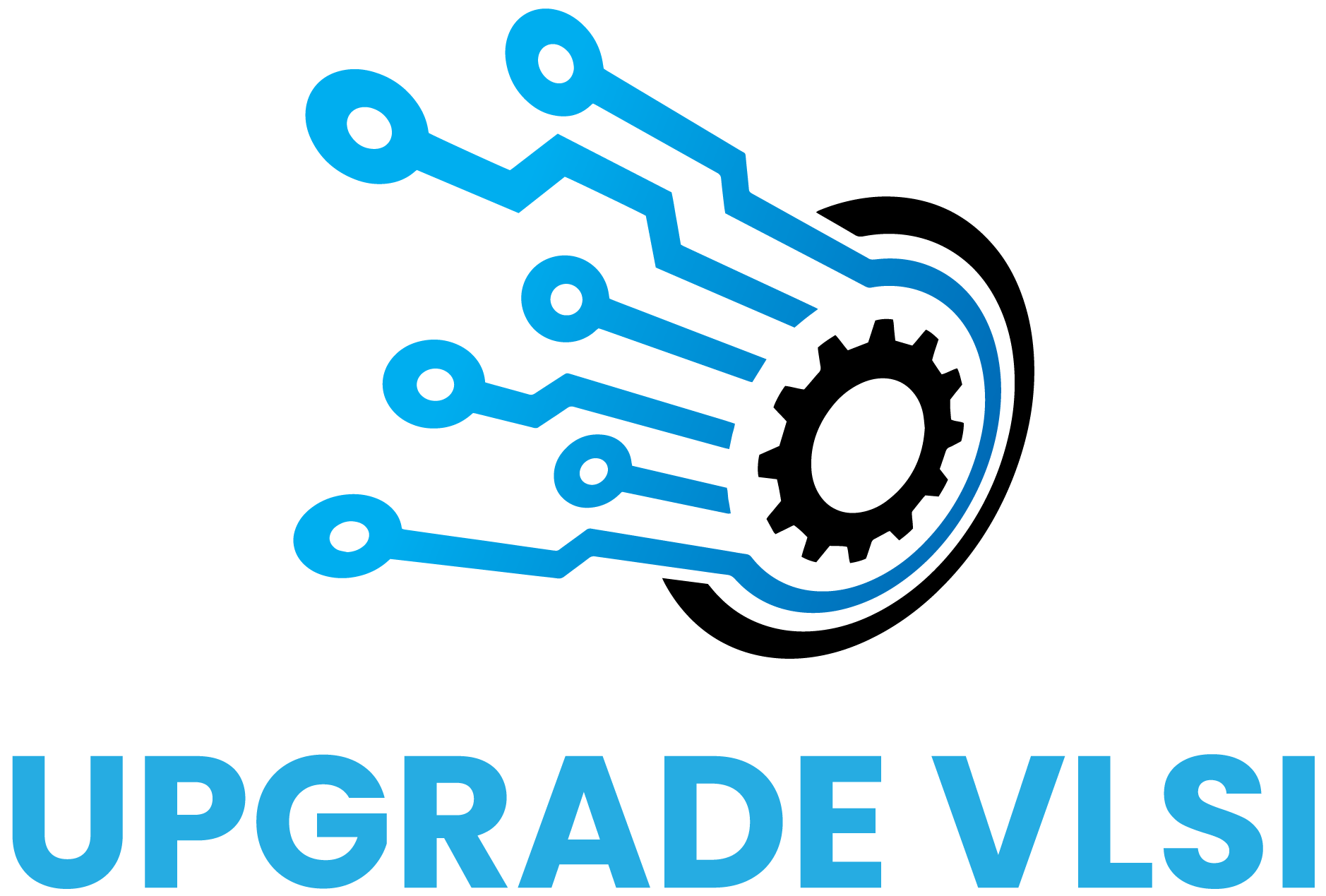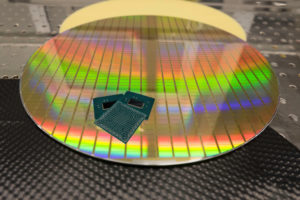Job Opportunities in VLSI / Semiconductor Industry
VLSI refers to the steps that are involved from design to testing and synthesis of integrated circuit design. If you are interested in taking up a job in the semiconductor industry, then understanding the available job opportunities is essential. Like any other field of endeavor, there are growth opportunities in the Semi-conductor industry. Understanding some of these simple factors about the industry will help you make projections about your growth and development.
What is Extraordinary About VLSI?
The field of VLSI is a professional field and involves a lot of technicalities. The focus of this field is basically to find the best ways to integrate millions of transistors in a small compartment. Today, almost every sector of the economy utilizes the knowledge from VLSI. VLSI industries produce a large number of chips for consumption by electronic devices and other home appliances. VLSI chips are present in almost every device and machine in homes today. Whether it’s in your mobile phones, televisions, or laptops, there are many of these chips inside them. Chips have become a part and parcel of our daily life. No matter the kind of electronic device you own today, there is at least one chip inside. VSLI design includes data converters, filters, amplifiers, power management, processors, phase-locked loop, and sensors.
How Can You Implement the Knowledge of VLSI?
The field of VLSI is broad. There are many ways that you can implement the knowledge of VLSI. Some of them are:
Digital Design: VLSI experts can work in the area of digital design. They help in the design and development of more efficient and faster powerful circuits in more concise devices.
ASICs: deals with IC design for unique purposes. Examples include image compression, signal filter, etc.
SoCs: SoCs is a complex field of endeavor and deals with mixed-signal circuits. SoCs include both digital and Analog signals on the same chip. An example of SoCs is the network processing chips and the wireless radio chips.
Reconfigurable computing: is a unique field that deals with the fabrication of special devices known as FPGAs. FPGAs are programmable to work like standard electronic circuits. There is no need for microcontrollers for these circuits. The design enables them to perform well with EEPROM inside.
The Most Common Job Opportunities in the VLSI Industry
If you are avid about working in the VLSI industry, below are some of the high-demand job opportunities that you can find in the industry.
1. Frontend RTL Design Engineer
Frontend RTL Design Engineer is responsible for design creation and implementation with the use of Verilog. One of the expectations from an RTL design Engineer is an advanced understanding of the concept of digital design. He should also be knowledgeable of how to read and understand design stipulations. He should also be able to interpret them as Verilog code by the use of RTL design and coding specifications. They must be fully abreast with the ASIC/SoC design flow and must be an expert in the field of debugging.
2. ASIC Verification Engineer
An ASIC Verification Engineer is responsible for the verification of the functionality of design. High-level verification language like System Verilog and UVM is essential in design verification. To be successful as an ASIC Verification engineer, one needs to have a good knowledge of protocols, must have a good understanding of logic designs, and must also mater SV/UVM scripting and programming languages. An ASIC verification Engineer and RTL Design Engineers work closely to validate and report design bugs. The SoC verification Engineer ensures that a product is successful.
3. Physical Design Engineer
A physical design engineer has the responsibility of evaluating semiconductors and generate microchips and processor layout circuits. However, depending on the company and the position, the duties of a physical design engineer may vary. Nonetheless, there are basic requirements that are expected from a physical design engineer, which includes:
- Planning the project design phases
- Facilitating easy routing
- Reviewing and performing chip design test
For those who wish to take up a career in the area of physical design, a background in Electrical Engineering is often a requirement for many companies. In addition to this, many VLSI industries today have made it mandatory for all applicants to obtain a certification in the relevant skill to be eligible to apply. The average salary of a physical design engineer ranges between 6 lakhs to 10 lakhs per annum. Some factors determine the take-home include years of experience, the role to be occupied, and the nature of the company.
4. Analog Layout Design Engineer
Analog layout design in the field of integrated circuit (IC) design is a discipline that deals with physical implementation of schematic blocks to the chip top level. The field of Analog Layout Design focuses on the chip layout design for a particular Analog and digital mixed-signal design.
Other job opportunities in the field of VLSI include the following area:
There are large number of placement opportunities available in many top-tier VLSI physical design industries. However, to be eligible, it is essential to have VLSI certification course completion mandatory currently. Therefore, if you have an interest in working in the area of physical design, you should consider enrolling for VLSI design course today with Upgrade VLSI Technologies. We have a robust curriculum that includes innovative teaching methods that will ensure that you equip yourself to takes up the challenges of the modern VLSI industry.
Start your advanced VLSI training today with Upgrade VLSI Technologies and prepare yourself for the demands of the industry today.




